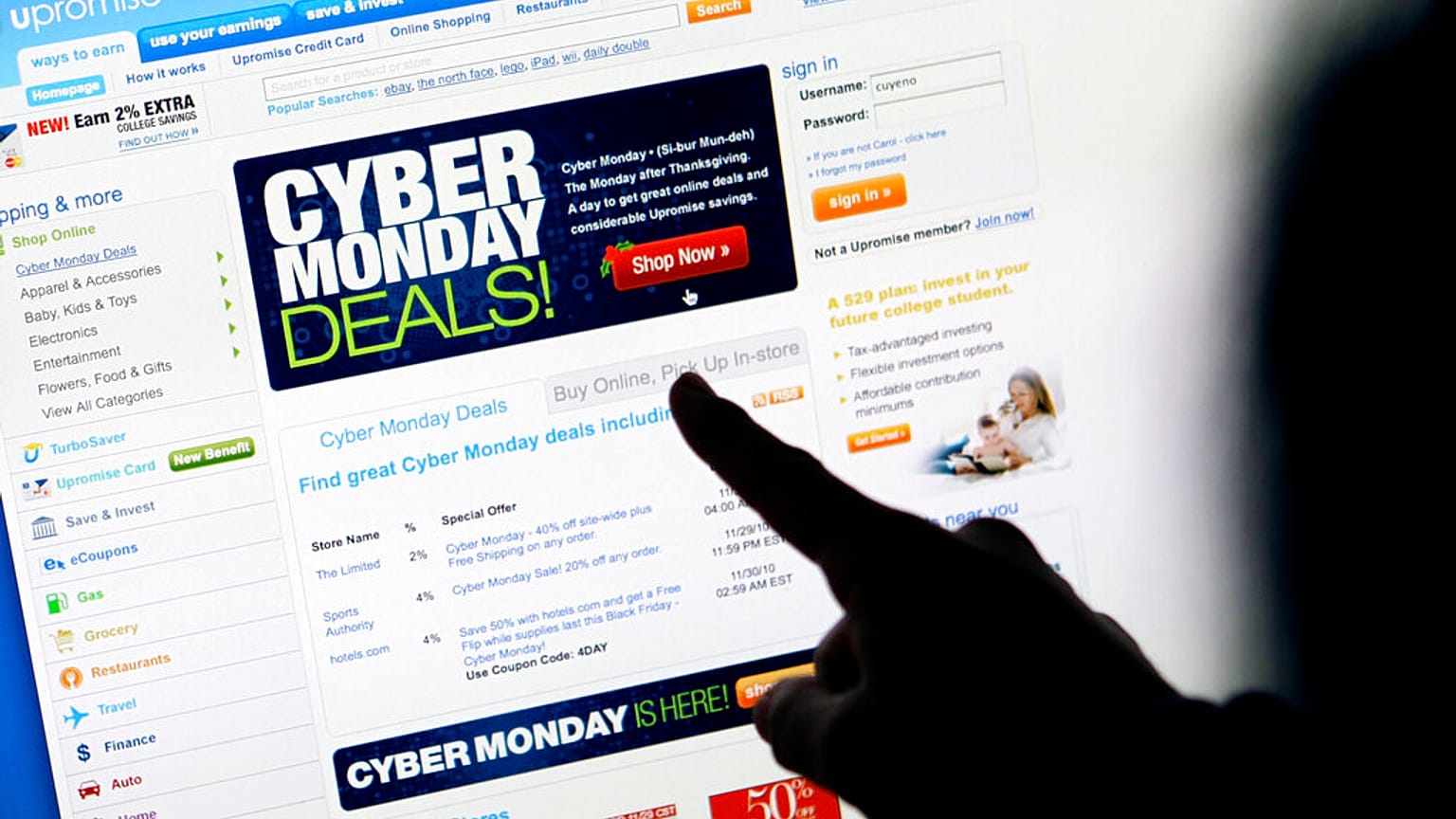Online marketplaces often escape any responsibility for unsafe products and other illegal activities, leaving consumers to pick up the pieces. An important vote in the European Parliament could change that, writes the European Consumer Organisation's Ursula Pachl.
When the likes of Amazon or eBay first arrived on the market, they brought with them a revolution. A revolution that transformed the buying process into a seemingly effortless exercise without leaving the comfort of one’s living room.
The growth of these online marketplaces is a sign of just how much shopping has changed. Some platforms and social media giants like TikTok, WhatsApp, Google or Instagram saw an opening and expanded into e-commerce as a result. More than one in two Europeans now shop online and revenue from e-commerce in the EU has surpassed the €400bn mark.
The darker side
Online marketplaces, for all their advantages, have a darker side.
Consumers have been facing the consequences when marketplaces don’t take responsibility for what gets sold on their platforms.
As a result, people can end up being subject to scams and have dangerous products in their homes. The status quo is unacceptable. But that could all begin to change for the better if the European Parliament sets some stronger obligations for marketplaces.
Consumers constantly get exposed to dangerously high numbers of illegal or unsafe activities on online marketplaces.
A recent market sweep by six consumer groups across several online marketplaces found two thirds of the products purchased failed safety tests. These included smoke alarms that do not detect smoke, child clothing that risks strangling them and jewellery surpassing the chemical levels permitted 4,000 times.
It gets worse: fraudsters can create fake Facebook and Google ads within hours, and it only takes a few minutes to re-list previously reported unsafe children car seats on Amazon under a different seller’s name.
When something goes wrong online and the trader fails to act, consumers can get left unprotected. Many platforms have tended to see themselves as intermediaries or simple bystanders, avoiding any responsibility.
But the growth and annual dividends of some of these platforms clearly show just how profitable a business without meaningful responsibilities can be.
The lack of significant action from platforms to address these problems, and the regulatory loopholes they can jump through to ignore them, must be addressed. The time is now.
German consumer group Verbraucherzentrale Bundesverband has found 93 per cent of consumers surveyed expected online marketplaces to ensure traders on the platform complied with EU law.
In a survey conducted by UK consumer group Which?, seven in 10 said they thought the law needed changing so that marketplaces were made legally responsible.
We need political leadership in the EU to step up ambition
The European Union is working on legislation to create a safer space for people online, starting with the Digital Services Act.
These rules could rebalance things for consumers, creating a level playing field and fair competition for brick-and-mortar shops and those traders that already play by the rules.
But powerful forces in the tech industry are strongly fighting against two crucial elements that would strengthen consumer protection.
The first would be to establish a clear liability regime for online marketplaces, so that consumers are protected and compensated if they suffer damages due to illegal activities, such as the sale of unsafe products.
If this were to occur consumers would surely be safer. Marketplaces would have to pay more attention to what gets sold on their platforms.
Secondly, there must be strong requirements for marketplaces to verify who the platform is doing business with, and to carry out random checks on products and services sold on their platforms.
Currently, fraudulent or dishonest traders know they can get away with illegal activities because the marketplace turns a blind eye to what they do.
We need change. A crucial vote is coming up on December 13 in the European Parliament where these two elements could be included in the forthcoming Digital Services Act.
Consumers should not be the ones to suffer just because online marketplaces have blurred the lines of the law with their business model.
Many marketplaces have been able to wash their hands of the important role they play in online shopping. They’ve had it too easy so far, and consumers are paying the consequences.
Ursula Pachl is a lawyer and deputy director-general of the European Consumer Organisation (BEUC), a Brussels-based consortium of 45 European organisations from 32 countries advocating for the rights and interests of European consumers.















